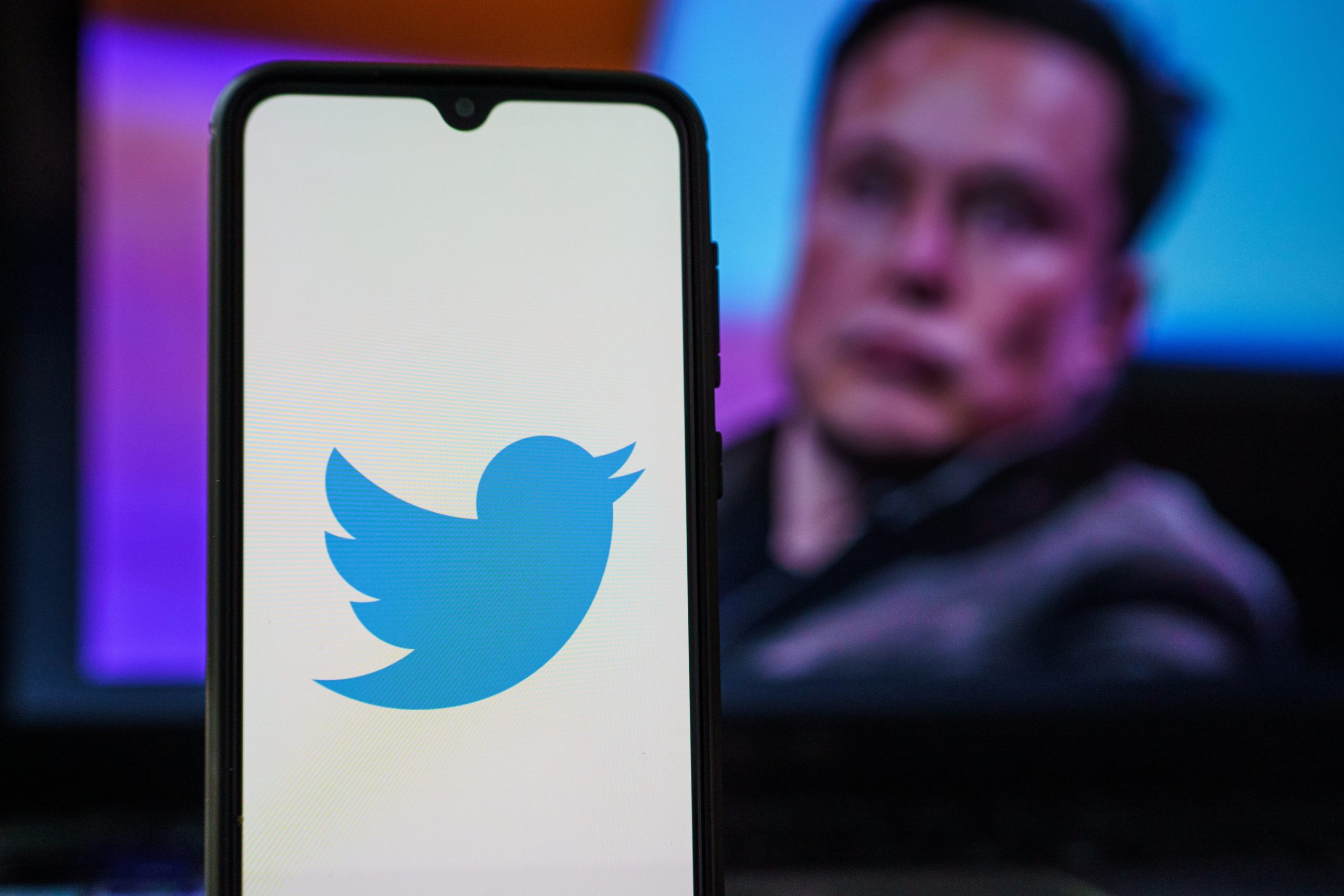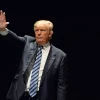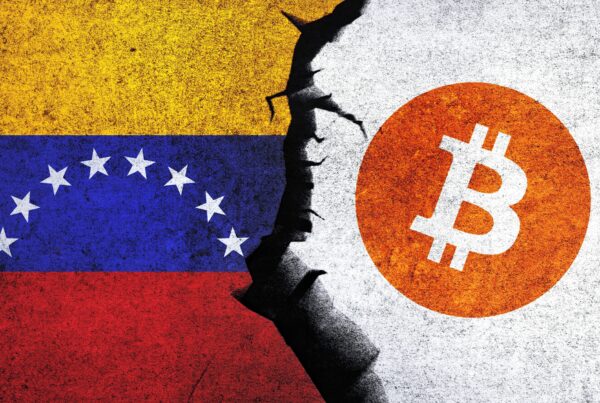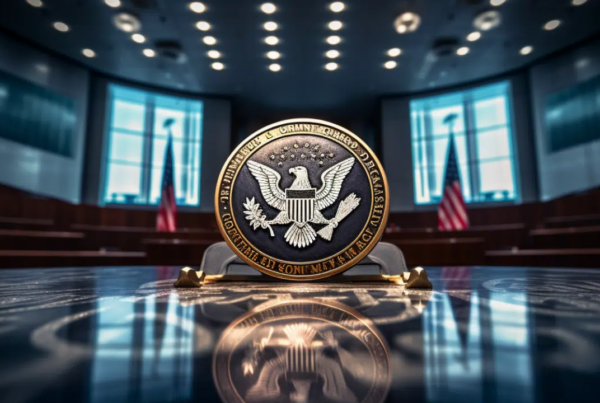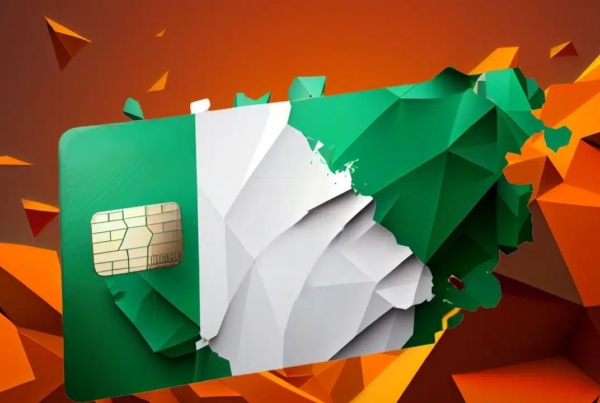Twitter’s soon-to-be owner says he wants to “authenticate” all humans, but did not say what that actually means.
While you may be thinking “Oh great, another newsletter gushing about Elon Musk’s mega-pact to buy Twitter,” that’s not where I’m going here. Instead, there’s much to unpack in the deal in terms of privacy, free speech and regulations. Of course, this assumes the deal actually goes through.
Funding secured (really!)
The narrative
Tesla (TSLA) CEO, SpaceX founder and Boring Company creator Elon Musk has come to terms with the board of Twitter Inc. (TWTR) to acquire the company and take it private.
Why it matters
Twitter occupies a fairly important role in public discourse, particularly in crypto. Musk’s pending takeover of the social media platform is worth watching, especially for anyone who is actually involved in Crypto Twitter.
Breaking it down
Elon Musk bought Twitter*!
(*Almost.)
So the bird site basically has been largely focused on what the CEO of Tesla buying it means for free speech and bots.
Something else caught my eye in the press release announcing the transaction. In a statement, Musk said, “I also want to make Twitter better than ever by … authenticating all humans.”
Does this mean Musk wants to get rid of anonymous accounts entirely? And how would this work in practice?
It seems that “authenticate” here would have to mean collecting some form of personally identifiable information (PII). If it’s as simple as checking a box or filling out a captcha, that doesn’t seem so bad.
It’s another story altogether if “authentication” extends to checking a license or passport or credit card to verify that there is a real human on the other end of the keyboard.
The implications of Twitter, which has suffered cybersecurity breaches in the recent past, collecting PII are troubling. In particular, a large number of Twitter’s users remain pseudonymous or anonymous for various reasons, ranging from just wanting to troll or harass people to having credible fears of posting under their actual identities. As reporter Melissa Chan points out, governments interested in identifying dissidents or activists may try to leverage influence over Musk in ways they could not influence Twitter itself.
A lot of folks may also just not have access to the kinds of IDs that might be needed. This authentication solution would have to account for these individuals.
Musk is known for disliking bots and their potential role on social media, and it would make sense for him to focus on that specific issue (and it is for sure an issue). Authenticating accounts is one way of addressing that.
On the other hand, he also has said he wants to make open source the algorithms that drive Twitter. In and of itself, this won’t change too much – Musk has not committed to making the data that Twitter’s algorithms use to drive their decision-making process public, and that’s probably where the real digital gold lies. On the other hand, it’s hard to reconcile “clamp down on bots” with “here’s the source code.” “Open-source apps usually are easier to make bots for,” says someone I know.
Closing the transaction
The other question I have is whether the Securities and Exchange Commission (SEC) has a role here. And this brings me back to the asterisk from earlier: Musk hasn’t actually bought Twitter yet. He and the Twitter board have agreed to a transaction whereby Musk will acquire Twitter and take it private.
This could take up to six months, according to Twitter CEO Parag Agrawal. Plenty could happen in that time (including Musk changing his mind, which, let’s face it, isn’t exactly out of the realm of possibility).
The form also cites the potential for litigation and the “ability of each party to consummate the Transaction.”
In other words, if shareholders sue (or regulators, I suppose) or if it turns out Musk can’t leverage his equity or whatever, the deal could be called off. However, these scenarios don’t seem that likely, based on some informal conversations I’ve had so far.
There’s also a question of the form 13G that Musk originally filed. That form is for passive investors who will take no active role in trying to influence the company. Musk later filed a 13D, which does indicate an intent to actively influence the platform, but the SEC will likely have some questions about the order of events here.
Speaking of regulators, the European Union wasted no time in reminding Musk of its own view on social media and digital data.
Per my colleague Jack Schickler, Brussels was quick to warn Musk that he would be subject to EU strictures.
“Be it cars or social media, any company operating in Europe needs to comply with our rules – regardless of their shareholding,” tweeted European Commissioner Thierry Breton. He referred to the Digital Services Act – a newly cast law that requires social media and other online platforms to account for their algorithms, take down unlawful content and protect rights.
CURATED FROM:
De, Nikhilesh. “Elon Musk Wants to Authenticate Every Twitter User. Crypto Twitter Should Take Notice.” CoinDesk Latest Headlines RSS, CoinDesk, 26 Apr. 2022, https://www.coindesk.com/policy/2022/04/26/elon-musk-wants-to-authenticate-every-twitter-user-crypto-twitter-should-take-notice/
